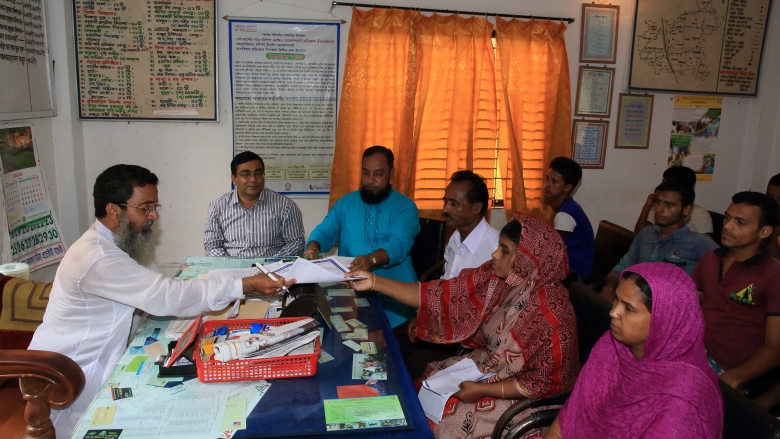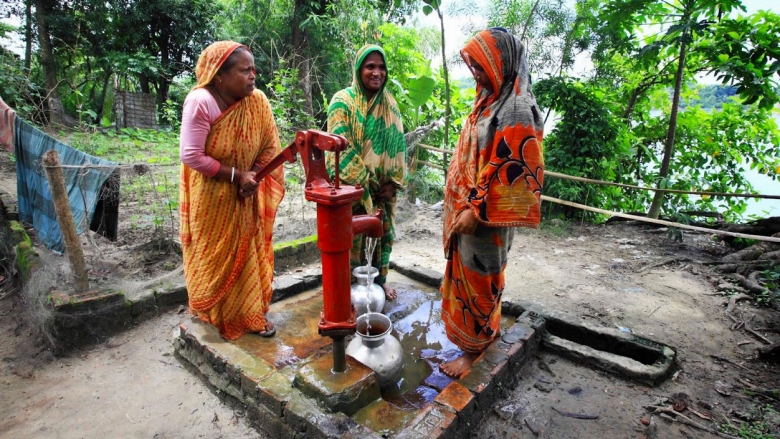Challenge
Local governments in Bangladesh are a key element of the overall governance landscape; however, they operate in a highly constrained policy and institutional environment. Local governments have inadequate fiscal autonomy or their own source revenues; limited decision making powers; and weak accountability systems. Subnational expenditure as a share of total government expenditure has been less than 4%, while less than 2% of total government revenue is collected at local levels. Most local development decisions are prioritized by deconcentrated national agencies. However, local governments, especially, UPs provide communities and citizens with opportunities for inclusive participation in civic affairs, and offer substantial opportunities for enhancing government accountability and transparency at the grassroots level.
In recent initiatives, successive governments have affirmed their intent to devolve powers to lower levels through more autonomy and increased allocation of resources. In 2009, GoB revised local government ordinances to facilitate the transfer of additional expenditure responsibilities and enhanced fiscal resources to UPs. These reforms enabled the transparent and predictable fiscal transfer system for UPs to be introduced and established by the two consecutive phases of LGSP. Fiscal transfers supported by the project enabled UPs to execute their assigned expenditure mandate as per the 2009 UP Act.


